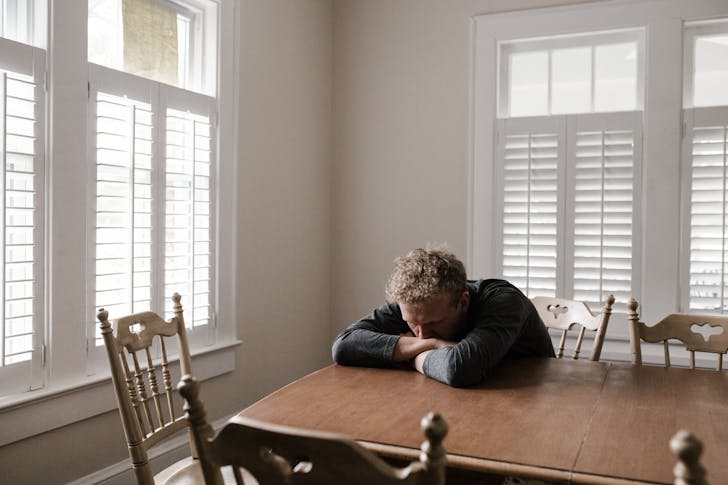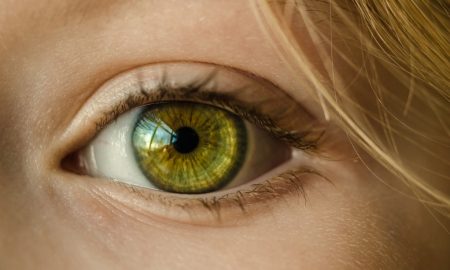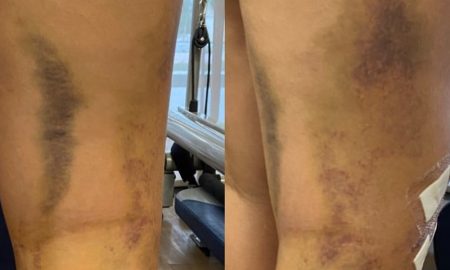
What Is Unipolar Depression? Here’s What You Need to Know Right Now

Depression casts a long shadow over many lives, with symptoms that affect everything from our energy levels to our ability to enjoy daily activities. Among the various types of depression, unipolar depression stands out due to its particular characteristics and impact. So, what is unipolar depression? This comprehensive guide will help you understand the essentials of unipolar depression.
What Is Unipolar Depression?
Unipolar depression, also known as major depressive disorder, refers to a state where an individual experiences persistent depressive episodes without the manic or hypomanic phases that characterize bipolar disorder. This distinction is crucial because it influences both the treatment approach and the disorder’s management. The term ‘unipolar’ itself highlights the presence of one “pole” or mood state, which is the depressive state.

Freepik | Unipolar depression is a state where an individual experiences persistent depressive episode without the manic or hypomanic phases that characterize bipolar disorder.
The Common Symptoms of Unipolar Depression
Recognizing the symptoms of unipolar depression is the first step towards seeking help. Here are some of the most common signs:
- Persistent Sadness or Emptiness: A pervasive feeling of sadness that doesn’t seem to go away.
- Loss of Interest: A significant decrease in interest or pleasure in once enjoyable activities.
- Irritability and Restlessness: Increased irritability, frustration, or restlessness over minor issues.
- Changes in Sleep and Appetite: Noticeable changes in sleeping or eating patterns, either too much or too little.
- Cognitive Difficulties: Experiencing difficulty thinking, concentrating, or making decisions.
- Thoughts of Death or Suicide: Recurring thoughts of death, suicidal ideation, or suicide attempts.
What Causes Unipolar Depression?
Pinpointing a single cause of unipolar depression is challenging as it often results from a complex interplay of genetic, environmental, and psychological factors. Life events such as the loss of a loved one, significant life changes, or chronic stress can trigger depressive episodes. Biological factors like chemical imbalances in the brain or underlying medical conditions like thyroid problems may also play a role. Understanding that depression can stem from multiple sources is key to addressing it effectively.

Andrew Neel | Pexels | Life events such as the loss of a loved one, significant life changes, or chronic stress can trigger depressive episodes.
Diagnosis of Unipolar Depression and Who Can Help
While unipolar depression might seem daunting to diagnose, it’s more straightforward than many think. A primary care provider can evaluate symptoms through a detailed conversation about your mood, lifestyle, and medical history. They might also perform physical exams and tests to rule out other conditions that could be causing your symptoms. Mental health professionals such as psychiatrists, psychologists, and counselors are also equipped to diagnose and treat depression.
Effective Treatments for Unipolar Depression
Treatment for unipolar depression typically involves a combination of the following:
- Medication: Antidepressants, particularly SSRIs, are commonly prescribed to help correct the chemical imbalances that may contribute to depression.
- Psychotherapy: Therapy provides tools to cope with stress, rethink negative patterns, and improve relationships.
- Lifestyle Adjustments: Regular physical activity, a nutritious diet, sufficient sleep, and maintaining a structured routine can significantly improve mental health.
- Social Support: Engaging in meaningful interactions and maintaining connections with others can provide emotional sustenance and reduce feelings of isolation.

Freepik | Psychotherapy provides tools to cope with stress, rethink negative patterns, and improve relationships.
While unipolar depression can be a formidable foe, understanding its nature and recognizing the available treatments can empower you to seek the help needed to manage this condition effectively. If you or someone you know is struggling with symptoms of depression, consulting with a healthcare provider is a crucial first step towards recovery.
More in Mental Health
-
Advantages of Offering Health and Wellness Benefits to Employees
Employers frequently struggle to provide the benefits that their employees desire, such as health insurance or paid overtime. Changes to federal...
December 21, 2023 -
Can Acupuncture Help Prevent Type 2 Diabetes?
In today’s world, health conditions like cardiovascular diseases, hypertension, and diabetes are becoming more and more common. It is extremely important...
December 4, 2023 -
Did You Know There’s A Tiny Farm In A Berlin Supermarket?
When you go to a grocery store, you head over to the fresh foods aisle where you pick up things like...
December 4, 2023 -
Everything You Need To Know About Glaucoma: Reasons & Treatment
Overview Among our body parts, our eyes are...
November 27, 2023 -
Strategies for Staying Motivated During Your Weight Loss Journey
Embarking on a weight loss journey can be challenging, and staying motivated throughout the process is crucial for success. Whether you’re...
November 11, 2023 -
Managing Stress: Techniques for a Healthier Mind and Body
Stress is an inevitable part of life, but it doesn’t have to control your well-being. By learning how to manage stress...
November 11, 2023 -
Overcoming Challenges: Living with COPD
Chronic Obstructive Pulmonary Disease (COPD) is a chronic respiratory condition that presents its challenges, but for those living with it, every...
November 11, 2023 -
How to Keep Your Baby’s Skin Glowing This Winter?
Dermatologists suggest that newborn babies are sensitive and more prone to skin infections, compared to adults. As you take proper care...
November 10, 2023 -
Check Your Sodium Intake—Not All Salts You Eat Are the Same
Salt is one of the most basic and most important ingredients in cooking. There are a lot of variants of salt...
November 1, 2023















You must be logged in to post a comment Login